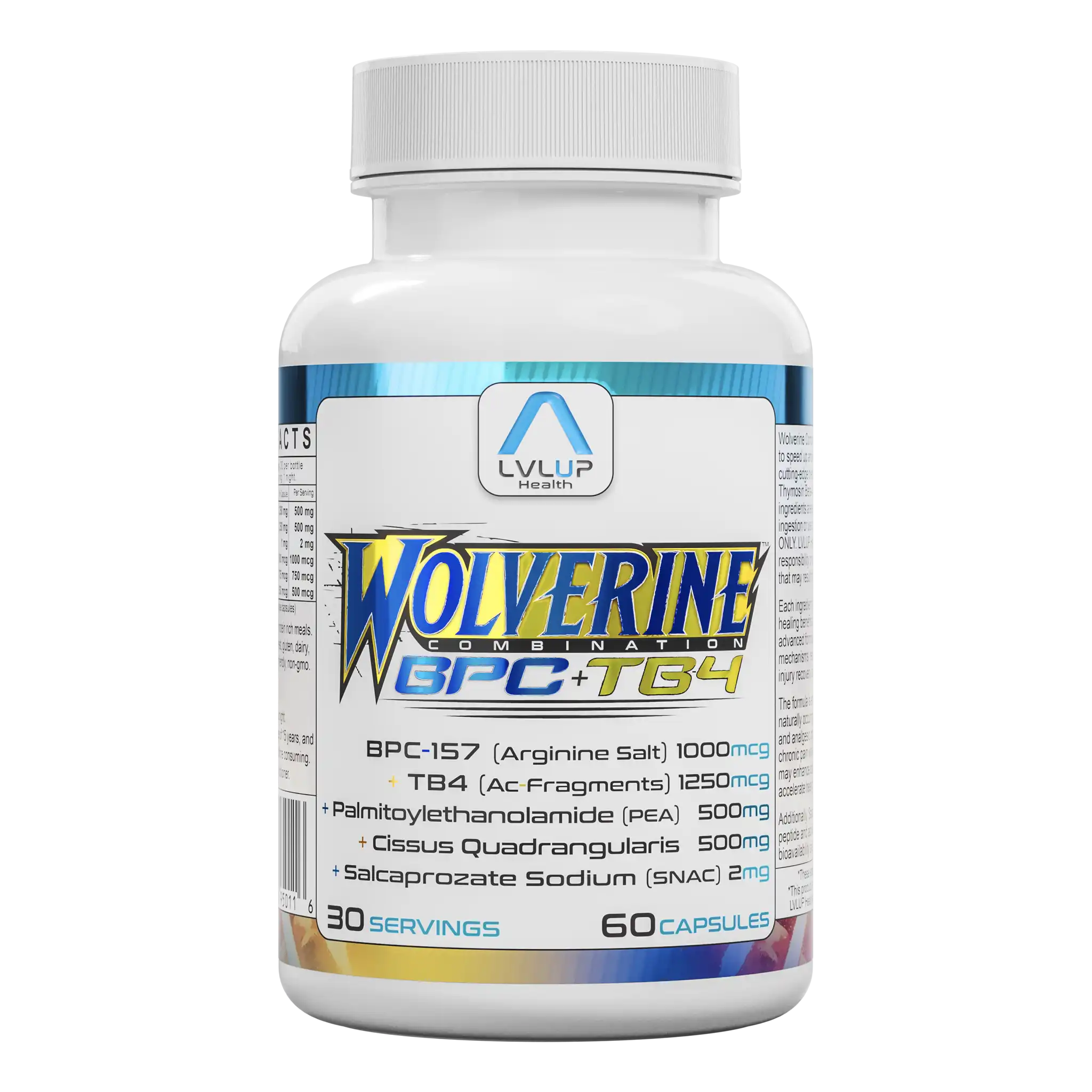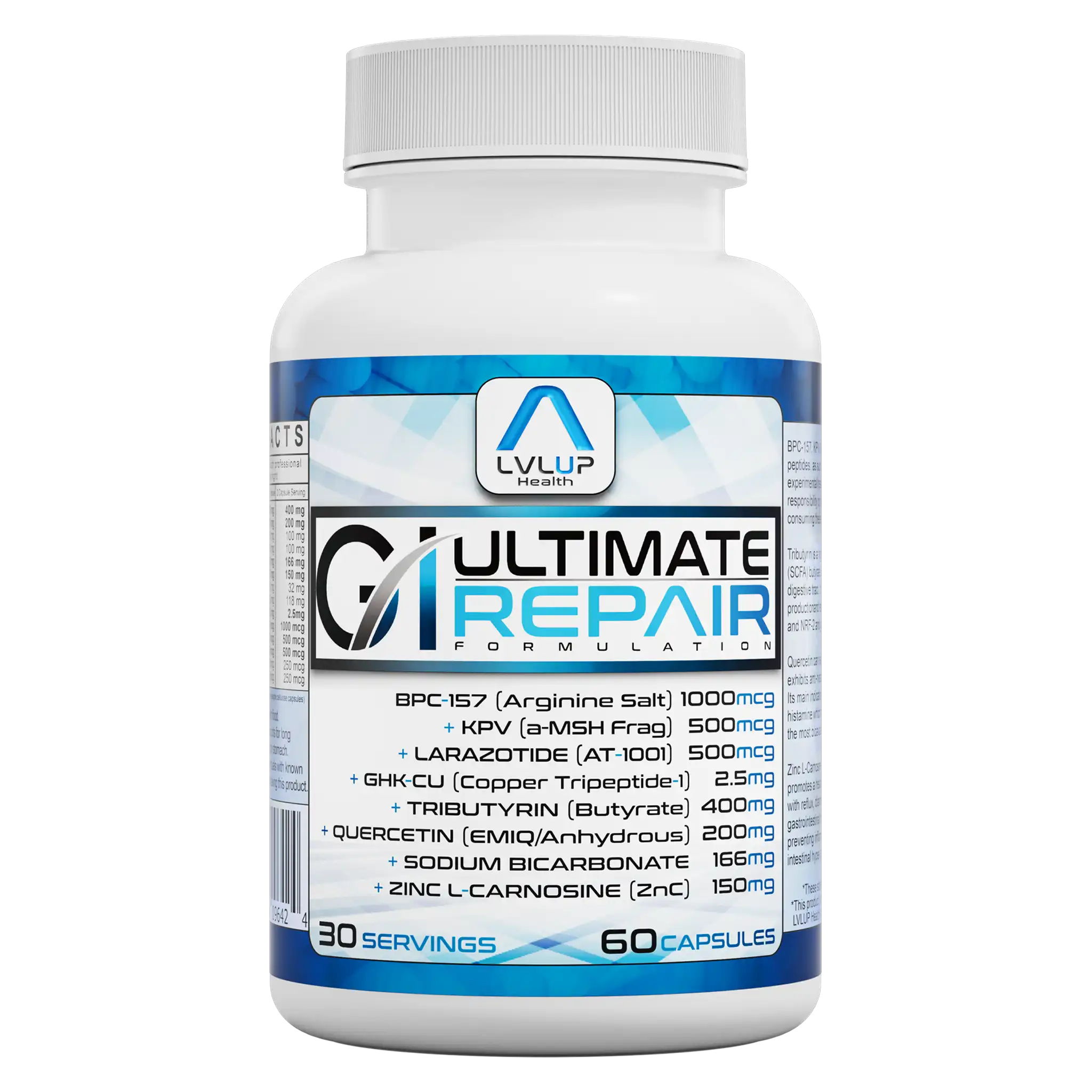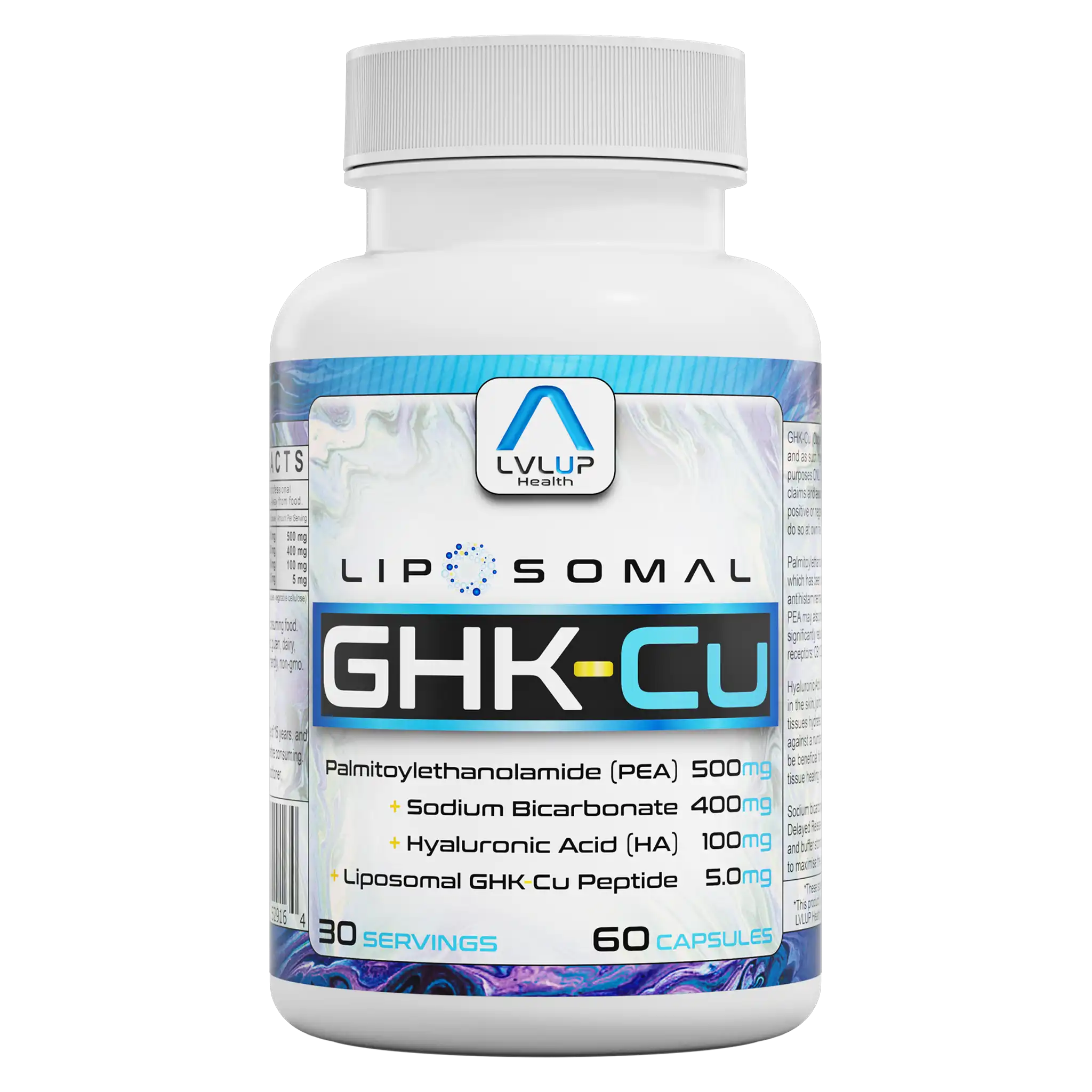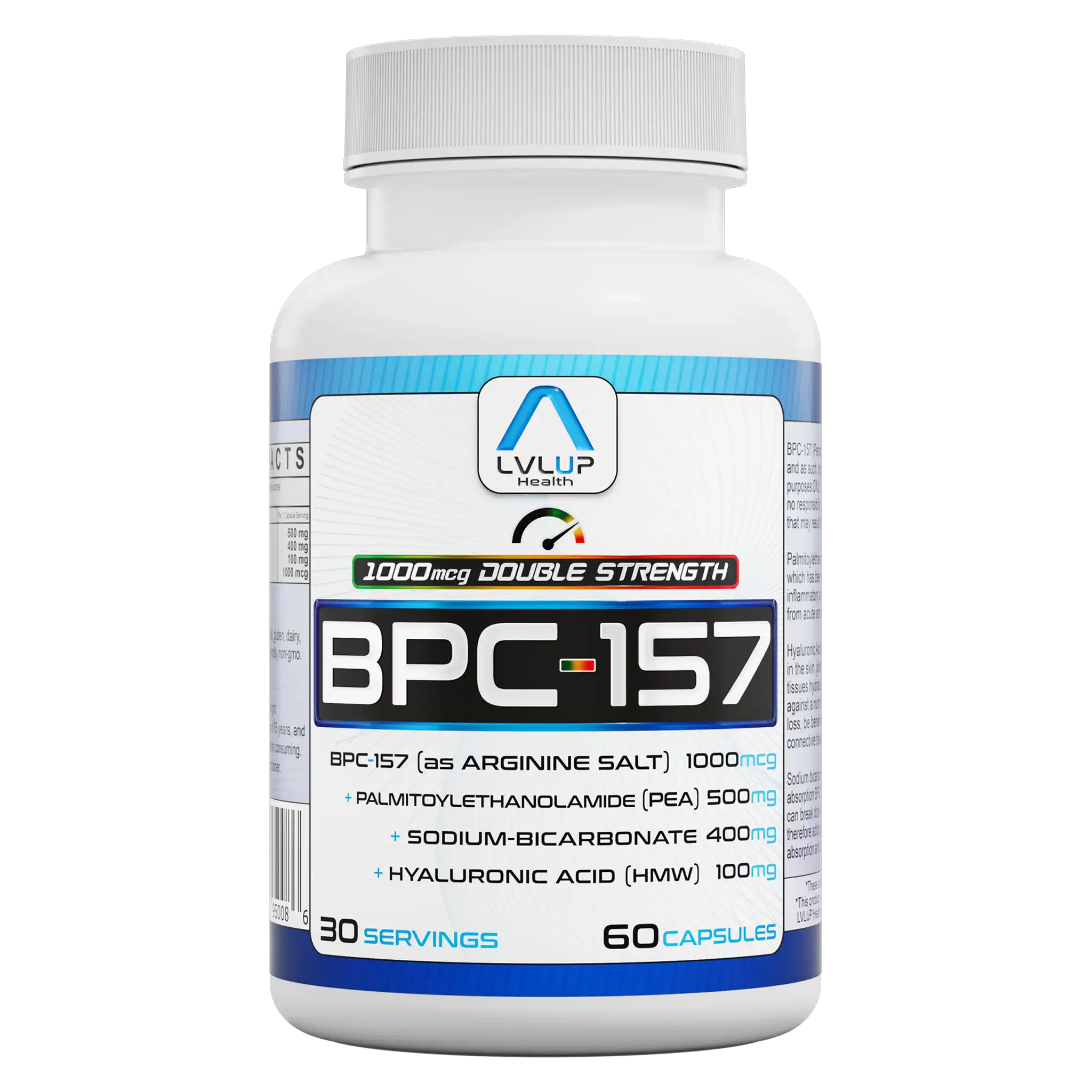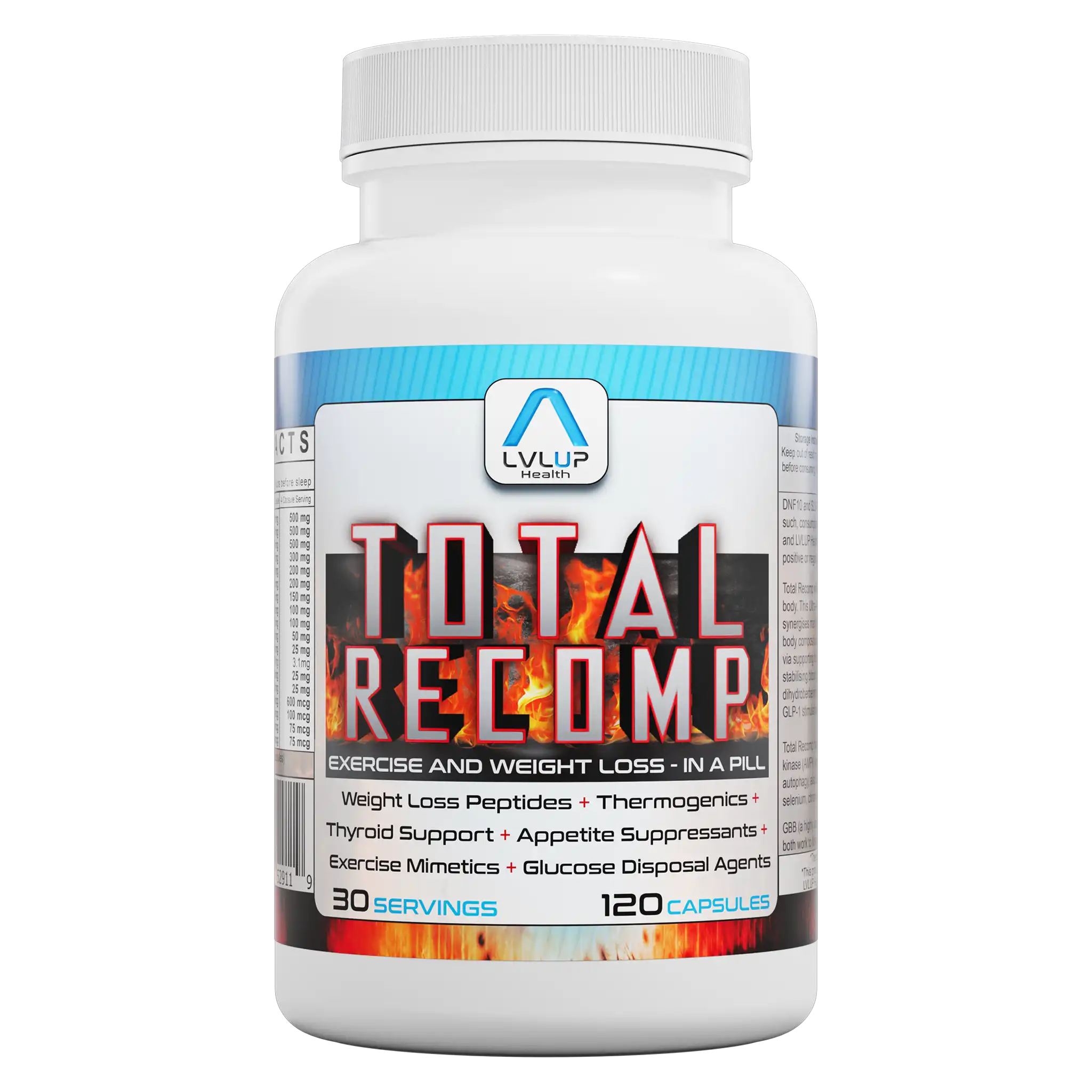Vitamin B1
About Vitamin B1
Energy Conversion
Thiamine acts as a spark plug for the engines inside your cells. Its main job is to help convert carbohydrates into energy your body can use – so if you’re running low on B1, you’ll likely feel tired or sluggish. This vitamin isn’t stored in large amounts by the body because it’s water-soluble. That means you need to get it regularly, either through food or with supplements.
Supporting the Nervous System
Nervous system support stands out as another key area for thiamine. It helps nerves send signals efficiently, affecting things like muscle coordination and mental clarity. Stress can sap your reserves quickly, so steady intake helps maintain a clear head.
Supplementation and Synergies
In terms of supplementation, Vitamin B1 shows up in products targeting steady energy and mental performance. It often teams up with other B vitamins to support the body’s metabolic machinery. Neurological health formulas tap into B1’s role in neurotransmitter function and brain function. You’ll also find it in some liver health blends where it assists in nutrient processing and the body’s detox efforts.
Sources of Vitamin B1
There’s more than one way to get your B1. The most common forms in supplements are thiamine hydrochloride and benfotiamine (a fat-soluble version that some folks digest more comfortably). Food sources include whole grains, pork, seeds, beans, and nuts – but heavy processing usually strips out most of the natural vitamin content from grains.
Use in Metabolic Support
If you’re using a metabolic or thyroid-support supplement like Total Recomp, you’ll notice Vitamin B1 included to help support fat metabolism and insulin sensitivity as part of a balanced nutrition strategy.
Found In
Formulated With
Detailed Information
Metabolic Role of Thiamine
Thiamine (Vitamin B1) functions as an essential coenzyme in carbohydrate metabolism, primarily through its role as the biologically active compound thiamine pyrophosphate (TPP). TPP serves as a cofactor for transketolase in the pentose phosphate pathway and for pyruvate dehydrogenase and alpha-ketoglutarate dehydrogenase complexes in the citric acid cycle. These enzyme systems collectively facilitate oxidative decarboxylation reactions crucial for ATP synthesis and biosynthetic pathways.
Neurological Benefits
Beyond metabolic actions, TPP-dependent enzymes contribute to neuronal membrane integrity and neurotransmitter synthesis – especially acetylcholine – making adequate thiamine status integral to synaptic transmission and neurocognitive stability. Deficiency states disrupt mitochondrial function and increase susceptibility to oxidative stress at both cellular and systemic levels.
Supplemental Forms and Bioavailability
Supplemental forms such as benfotiamine improve peripheral tissue bioavailability due to increased lipophilicity compared with water-soluble salts like thiamine hydrochloride. Emerging research explores the intersection of thiamine-dependent metabolic regulation with hepatic gluconeogenesis, glycation end-product inhibition (AGE), redox homeostasis, and functional outcomes related to neurodegenerative risk profiles.
